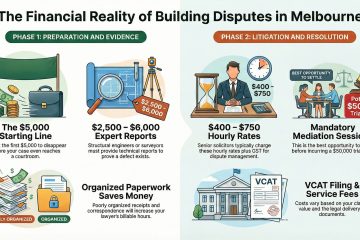
Who pays divorce lawyer fees depends on each specific case, though courts tend to award fees that reflect what services were actually rendered by an attorney.
When there is an income disparity, courts aim to ensure both parties can access high-quality legal representation. A judge may also take into account each spouse’s behavior when making his/her decision regarding who will cover legal fees for both sides.
Filing fees
Courts often order that one spouse pay for legal representation of the other during divorce proceedings to promote fairness in the process and ensure both parties have access to quality legal counsel. Judges take many factors into consideration before determining who pays these attorneys’ fees.
A judge will also examine if either party acted in bad faith during their case, such as refusing mediation, disregarding discovery requests and filing frivolous or frivolous claims. He/she may consider whether these acts led to delays or increased the overall costs.
Keep in mind, however, that these rules don’t always apply. For instance, if both parties agree to split attorney’s fees equally and waive them entirely outright themselves. Couples can reduce fees further by opting for limited-scope representation instead.
Interim fees
At first glance, an assessment will take into account income (from taxes, pay stubs and profit and loss statements), expenses (such as travel), case complexity and customary attorney fees for similar cases handled elsewhere.
Courts may consider whether one spouse acted in bad faith throughout the divorce proceedings, which could incur additional legal fees. Unreasonable requests for documents, filing unnecessary motions or intentionally prolonging proceedings could all constitute acts of bad faith and be grounds for additional legal fees.
Spouses seeking divorce may request temporary attorney fees by filing a Motion for Interim Fees with their Original Petition for Divorce. This will help ensure that nonmonied spouses are afforded equal legal representation during the divorce proceeding and on equal footing with monied ones. A judge will consider all relevant factors when awarding interim fees; alternatively a party may request that a percentage of equitable distribution awards as attorney fees instead.
Final fees
Divorce proceedings can be expensive, and couples often struggle with who should cover attorney’s fees during proceedings. An experienced Rochester, New York divorce lawyer can help clients understand their options and save money in the long run by covering both spouse’s attorney fees if applicable (though there may be exceptions).
To even out the playing field when there is an uneven distribution of income and assets between parties, courts often award dependent spouses an advance on their share of equitable distribution to cover legal fees. This helps level the playing field.
Courts may order one spouse to pay their attorneys’ fees if they act in bad faith, such as by engaging in frivolous or vexatious litigation, hiding assets, or dissipating marital property. When making this determination, judges take into account both these actions as well as what assets must be divided.
Fee waivers
As part of your divorce proceedings, it’s essential that you discuss attorney fees openly with both sides. A lawyer will help allocate costs as well as work out payment plans or discounts with their client. Those unable to pay legal fees themselves can seek fee waivers from courts by meeting certain low-income criteria and showing they cannot afford legal help without assistance.
Judges determine how this question is handled during the divorce process and its decision depends on each unique circumstance of each case. For example, if one spouse acts in bad faith during their divorce by concealing assets or prolonging proceedings, a judge may order them to pay some or all of the legal expenses of their legal adversary – although this scenario is uncommon and most cannot expect their spouses to cover these fees themselves.


